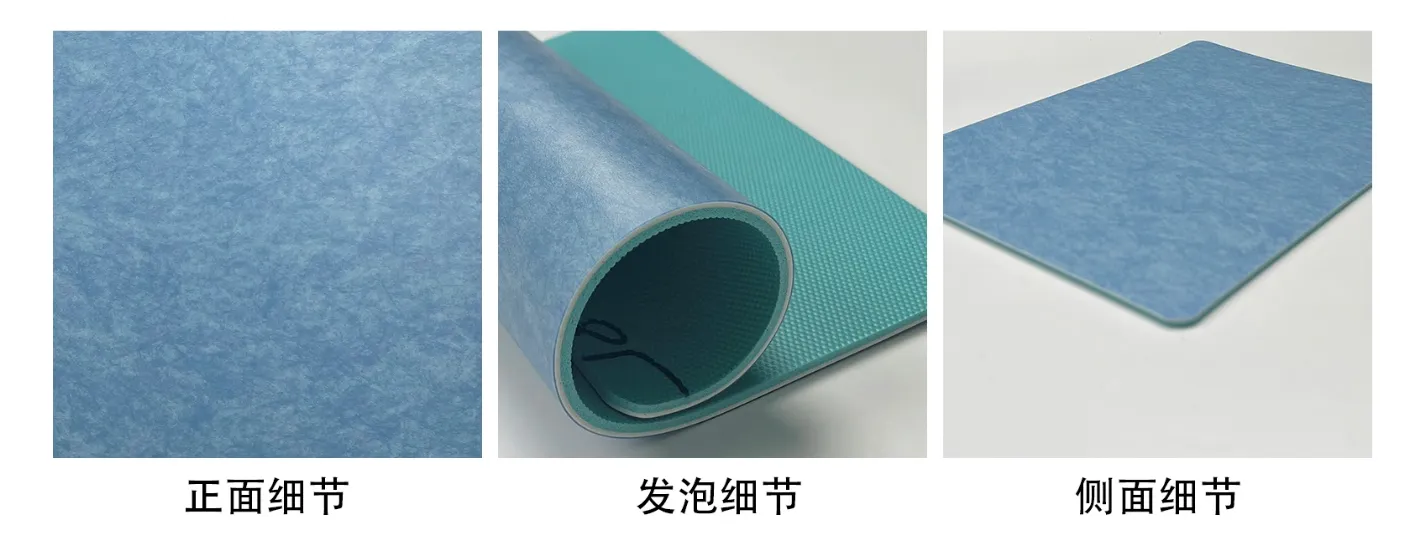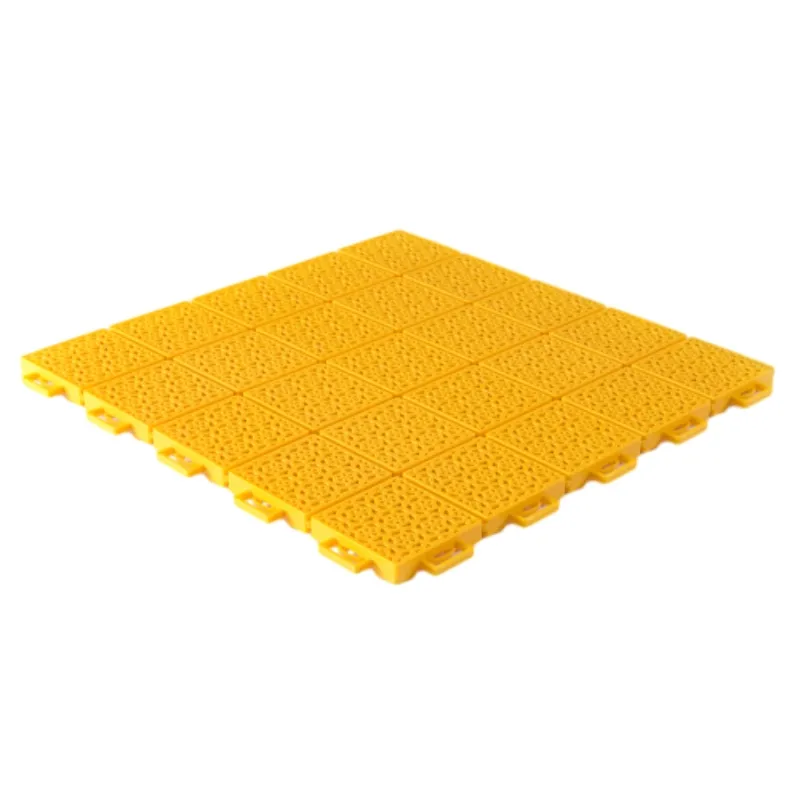- Afrikaans
- Arabic
- Belarusian
- Bengali
- Croatian
- Czech
- Danish
- Dutch
- English
- Estonian
- Finnish
- French
- Georgian
- German
- Greek
- hawaiian
- Hungarian
- Indonesian
- irish
- Italian
- Japanese
- kazakh
- Khmer
- Korean
- Kyrgyz
- Lao
- Latin
- Macedonian
- Malay
- Mongolian
- Myanmar
- Norwegian
- Persian
- Polish
- Portuguese
- Romanian
- Russian
- Serbian
- Spanish
- Swedish
- Tagalog
- Thai
- Turkish
- Turkmen
- Ukrainian
- Urdu
- Uzbek
- Vietnamese
- Zulu
Playground Soft Flooring Tiles Shock-Absorbing & Durable Outdoor Surfaces
- Overview of Playground Safety and Flooring Needs
- Material Innovation and Safety Standards
- Technical Advantages of Modern Soft Flooring Systems
- Comparative Analysis of Leading Manufacturers
- Custom Solutions for Diverse Playground Layouts
- Case Studies: Successful Installations and Outcomes
- Maintenance Guidelines and Long-Term Value

(playground soft flooring)
Why Playground Soft Flooring Is Essential for Modern Play Areas
Ensuring child safety in outdoor play zones requires surfaces that minimize injury risks while supporting active play. Recent data from the National Safety Council reveals that 79% of playground injuries result from falls onto hard surfaces. This underscores the importance of advanced materials like rubber tiles, poured-in-place foam, and hybrid systems designed to absorb impacts up to 90% more effectively than traditional asphalt or concrete.
Material Innovation and Safety Standards
Modern playground flooring integrates dual-layer designs, combining ethylene propylene diene monomer (EPDM) granules with polyurethane binders. These materials meet ASTM F1292-22 standards for impact attenuation, reducing critical fall height (CFH) thresholds by 40–60%. Independent tests show that 30mm-thick soft tiles maintain a Head Injury Criterion (HIC) below 500, compared to HIC values exceeding 1,200 for uncompressed wood chips.
Technical Advantages of Modern Soft Flooring Systems
Key innovations include:
- UV-resistant coatings that prevent color fading for 10+ years
- Permeable designs reducing water pooling by 85%
- Modular installation cutting labor costs by 30–50% versus wet-pour systems
Thermal imaging studies confirm these surfaces stay 18–22°F cooler than traditional rubber mats in direct sunlight.
Comparative Analysis of Leading Manufacturers
| Brand | Thickness Range | Warranty | Impact Absorption (HIC) | Price/Sq Ft |
|---|---|---|---|---|
| SafePlay Systems | 20–60mm | 15 years | 380–450 | $12–$18 |
| FlexiBase Pro | 25–50mm | 10 years | 420–480 | $9–$14 |
| EcoTile Solutions | 30–70mm | 20 years | 350–410 | $15–$22 |
Custom Solutions for Diverse Playground Layouts
Modular systems enable precise configurations for:
- ADA-compliant wheelchair access paths
- High-traffic zones requiring 50mm+ thickness
- Themed color patterns matching school mascots or municipal branding
Hybrid installations combining soft tiles with artificial turf now account for 42% of commercial playground projects, according to 2023 industry surveys.
Case Studies: Successful Installations and Outcomes
Project: Riverside Community Park (Ohio)
Solution: 2,200 sq ft of interlocking 40mm EPDM tiles
Results: 63% reduction in reported injuries post-installation; surface temperature decreased by 19°F during peak summer.
Enhancing Outdoor Play Experiences with Advanced Flooring Solutions
Investing in premium playground soft flooring
translates to measurable safety improvements and ROI. Facilities using certified materials report 22% higher parental satisfaction scores and 35% longer equipment lifespan due to reduced impact stress. With customization options and durable designs, these systems redefine play area safety for the next decade.

(playground soft flooring)
FAQS on playground soft flooring
Q: What materials are used in playground soft flooring?
A: Playground soft flooring is typically made from rubber, foam, or EVA foam. These materials provide shock absorption and durability. They are weather-resistant and safe for outdoor use.
Q: How are soft tiles for playgrounds installed?
A: Soft tiles interlock using a puzzle-like system for easy installation. No adhesives are required, making them DIY-friendly. Ensure the ground is level before laying the tiles.
Q: Can outdoor play area soft flooring withstand harsh weather?
A: Yes, high-quality outdoor soft flooring resists UV rays, rain, and temperature changes. Materials like rubber and EVA foam are designed for long-term durability. Regular cleaning helps maintain performance.
Q: Are soft playground tiles safe for toddlers?
A: Absolutely. Soft tiles meet safety standards for impact absorption, reducing injury risks. They also feature non-slip surfaces and are free from harmful chemicals like lead or phthalates.
Q: How do I clean and maintain playground soft flooring?
A: Use mild soap and water for routine cleaning. Avoid harsh chemicals that may degrade the material. Inspect tiles periodically for wear and replace damaged sections as needed.
-
Benefits of PP Interlocking Floors for Gym SpacesNewsJul.08,2025
-
Durability Testing for Interlocking Sports Floor TilesNewsJul.08,2025
-
Overview of Tennis Court Flooring MaterialsNewsJul.08,2025
-
Portable Basketball Floor SystemsNewsJul.08,2025
-
Eco-Friendly Badminton Court Flooring OptionsNewsJul.08,2025
-
Durability Testing for PVC Floor Mat RollsNewsJul.08,2025
-
Top Materials Used in Tennis Court FlooringNewsJul.03,2025

